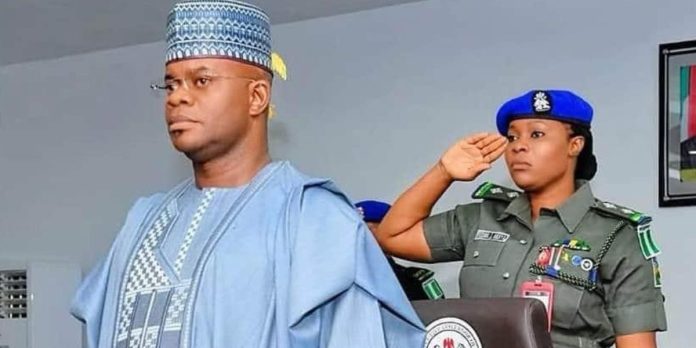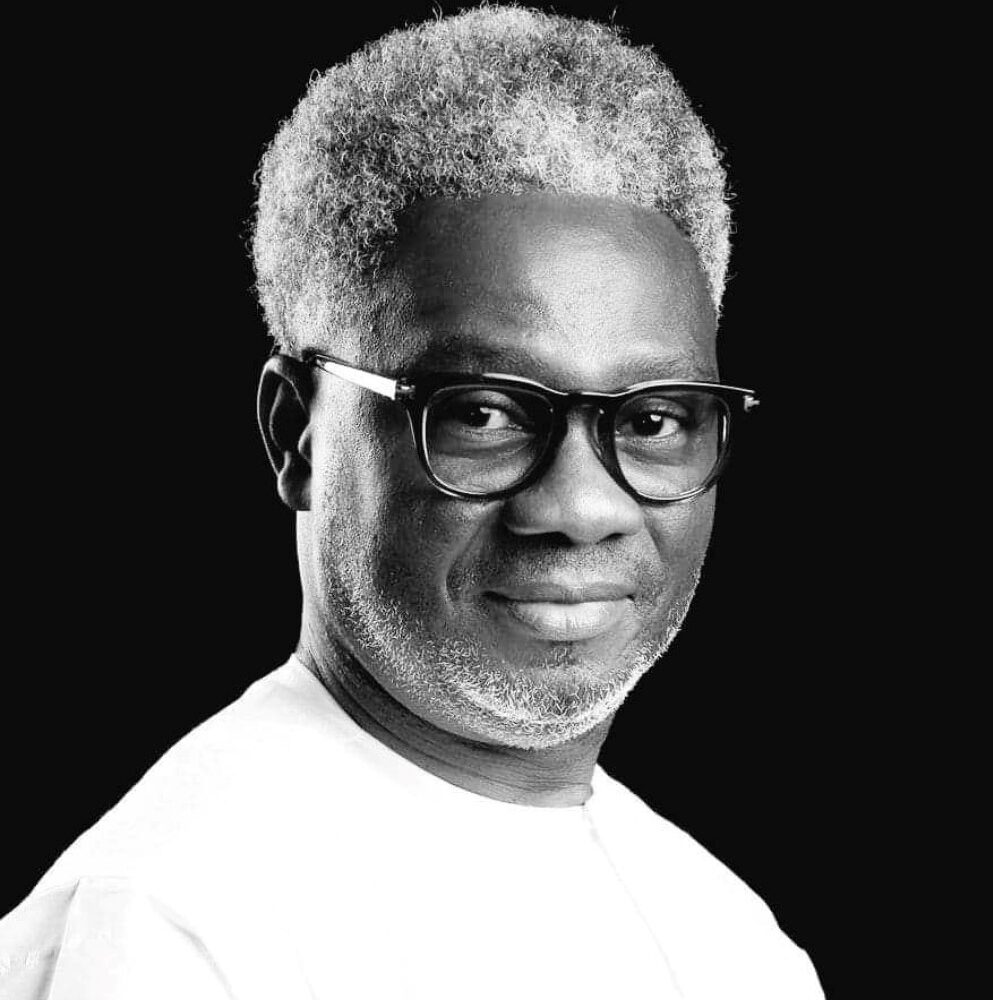Protocol
Ladies and Gentlemen, the Commission as a matter of tradition institutionalized a formal policy of participatory regulation and the practice of industry-wide consultations in conducting its regulatory functions.It is my great pleasure to welcome you to this Stakeholders Consultative Forum on the Draft Information Memorandum (IM) for the 3.5GHz Spectrum Auction by the Nigerian Communications Commission.
As a world class communications regulatory agency, we sincerely believe that our actions must be guided by decisions that take into cognizance the inputs from all stakeholders in the industry.
Therefore, we seek your active participation in the deliberations that would follow towards the licensing of the 3.5GHz mid band for the deployment of 5G services amongst others in Nigeria.
Going down memory lane, the Nigerian Communications sector has witnessed major increase in competition driven by the Government’s liberalization policies and the Commission’s robust implementation of its initiatives and policies over the years, which have stimulated the growth and development of the sector.
To date, the Nigerian Communications market is one of the biggest in Africa and is also the largest contributor to the Information and Communications Technology sector of the Nigerian economy. The statistics are there for all to see.
“Nigeria has an estimated population of 214 million, with an average growth rate of 2.6% annually. Approximately 76.46% of the population is under the age of 35. In line with these demographic changes, internet penetration grew from 3% in 2004 to 73.82% as at September, 2021, and broadband penetration increased from less than 10% in 2015 to 40.01% in September, 2021”.
Arising from the significant growth of broadband penetration in Nigeria, which stands at 40.01% as at September 2021, it has become imperative for us to evolve to the next phase of global development of the sector, given the opportunities that are abound for all stakeholders in the industry and the economy at large.
Ladies and Gentlemen, the global impact of 4G technology brought about increase in mobile usage and network performance. 5G technology will leverage on this momentum, bringing substantial network improvements, including higher connection speed, mobility and capacity, as well as low-latency capabilities. In doing so, it enables novel use cases and applications that will positively impact on different sectors of the economy and improve our efforts towards achieving the Digital Economy objectives of the Federal Government as contained in the National Digital Economy Policy and Strategy (NDEPS 2020-2030) and Nigerian National Broadband Plan (NNBP 2020 – 2025).
- 5G technology does not only offer enhanced broadband and ultra-reliable low latency communications, it also provides massive machine type communications, where lots of devices will seamlessly connect and interact independently with the Internet without human intervention. Thus, enabling our Smart City Initiatives and making Broadband Use Cases a reality.
Given the importance of 5G technology and the critical role of Spectrum, the International Telecommunications Union Radio Communication Sector (ITU-R) conducted studies in its last two study cycles during the World Radio Communication Conferences of 2015 and 2019 (WRC-15 & WRC-19) and identified Spectrum for 5G technology including the 3.5GHz band, which stands out due to its excellent propagation characteristics which offer both capacity and coverage.
Ladies and Gentlemen, the Commission in line with its mandate as enshrined in the Nigerian Communication Act, 2003 and our Strategic Vision Plan (SVP) 2021-2025, has committed enormous resources to ensure harmonized Spectrum is secured and released in a timely manner for present and future deployment of services that will underpin the fourth industrial revolution, including International Mobile Telecommunication (IMT-2020) services. We have kept ourselves abreast of developments at international fora, including ITU-R study groups to enable the allocation of strategic Spectrum to IMT services especially IMT 2020 which has been in the front burner in the last two ITU-R study cycles.
Through the collaborative efforts of the National Frequency Management Council (NFMC) and Nigerian Communication Satellite Limited (NigComSat), the Commission was able to secure the necessary 3.4 – 3.9GHz C-band for deployment of 5G services in Nigeria. The C-band is globally accepted as the candidate of choice for 5G deployment due to its excellent propagation characteristics.
In this regard, we would like to appreciate the Honourable Minister of Communications and Digital Economy for the role he played in ensuring the smooth allocation of this Spectrum to the Commission amongst others.
Having put in these efforts and resources to secure amongst others the contiguous Spectrum in the 3.5GHz premium band (with about 70% of 5G global deployment so far), it has become imperative to immediately license the 3.5GHz band in Nigeria for the deployment of 5G services.
Having recognized these, the Commission has developed a 5G policy plan and through the Honourable Minister of Communications and Digital economy secured the approval of the Federal Government for the deployment of 5G in Nigeria.
In addition, the Commission constituted a committee to auction some slots in the 3.5GHz band for the deployment of 5G services. This Committee has since gone to work and developed a draft Information Memorandum (IM) for the Auction of the 3.5GHz band.
As you may be aware, we published the draft IM on our website to enable our stakeholders peruse and make inputs and comments. We are here today, to deliberate on those areas you think may need improvements. It is expected that at the end of this forum, we all shall be part of the future in the management and utilization of this resource in line with global best practices.
The Commission will continue to develop polices and guidelines in conjunction with Stakeholders to deliver better quality of experience for all.
Once again, I welcome you all and wish you fruitful deliberation.
Thank you.
Prof Umar Garba Danbatta, FNSE, FAEng, FRAES, FNIEEE,
Executive Vice Chairman/CEO,
Nigerian Communications Commission





